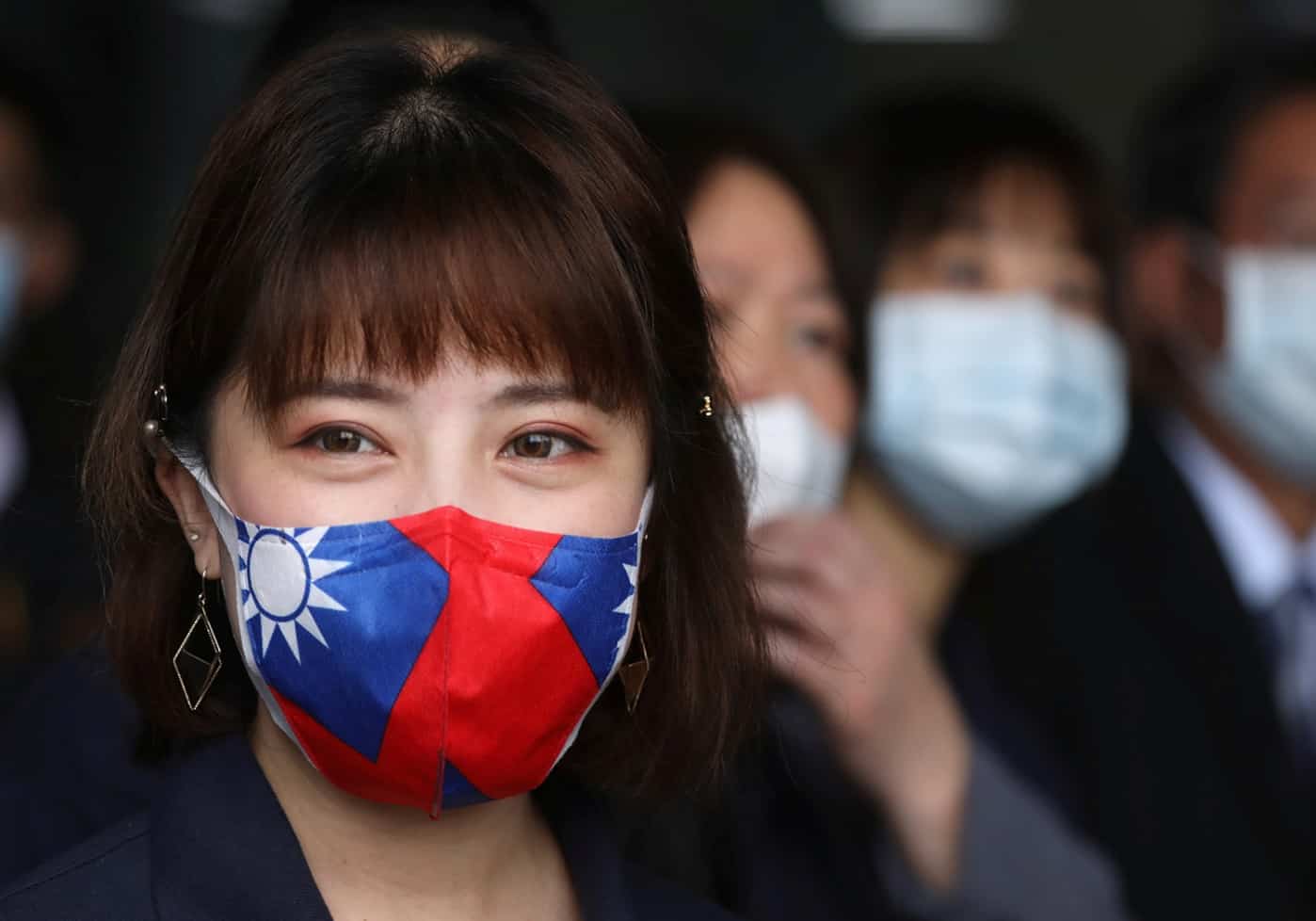Latest News
Are face covers helpful for preventing the pass on of COVID-19?

Because COVID-19 continuously spread across the world face covers are generally very popular – however are they helpful?
COVID-19 is arguably a avoidable disease, and this pandemic is definitely assisting a huge rise in demand for medical face masks from both the general pubic as well as health-related professionals. On this page, a company, which has seen a massive rise in enquiries from the general public about its face covers solution, answers the most common query about the viability of face covers.
The most common question is about the viability of different face mask styles for minimising the actual risk of getting COVID-19.
Can face masks ‘flatten the curve’?
Along with hard work to ‘flatten the curve’ rising throughout the world, we have seen debate as to the efficiency of wearing a face covers.
Even though keeping yourself 2 meters apart when out of your home on vital visits is definitely essential, as is cleansing your hands upon come back, the actual benefits of a face covers are actually concrete.
If wearing a mask helps prevent a high percentage of getting into your breathing system, their benefit is certainly clear. While face masks will not guarantee complete safeguard for the wearer, they still considerably decrease the chances of infections, and when trying to flatten the curve, almost any reduction in transmission rates is actually welcome.
Face covers, surgical masks or respiratory face masks?
In spite of the protection advice of keeping yourself two metres away from other individuals, coughing and sneezing can easily project virus particulates 6 m away.
Coughing and sneezing build a “muzzle velocity” of fifty meters/second (for sneezing) or 10 m/s (for coughing), making the two-meter protection zone of minimal assistance lacking any more obstacle in the form of a mask.
However, contrary to basic face masks or operative masks, breathing face masks control aqueous and oily aerosols, smoke and also fine particles in.
The 2 categories also signify the amount of particulates filtered out with the mask. The far more particles that need to be filtered, the greater the volume of filtration fabric layers. Consequently, face masks in the higher defense classes are thicker, that means respiration level of resistance is higher.
Particle-filtering face masks control particles, though not unwanted gas or vapours
Right now, there’s a lot of talk about different kinds of protective masks, as well as what kind is best. Although medical masks control contagious agents transmitted by droplets, they do not control air-borne infectious agents including infections, so they will likely not prevent the wearer from being potentially infected by COVID-19.
“However, the respirator face mask, which often helps to protect the wearer from aqueous and also oily aerosols, smoke, as well as fine dust, is also much more helpful at safeguarding against airborne contagious agents for instance COVID-19 and SARS. Respirator masks protect against viruses from entering into the body through the mucous membranes of the mouth and nostrils.”
About Godvana
Godvana is a luxury company that focuses on high fashion using exclusive materials. Our collections are limited, meticulously thought out, and inspired from the one above whom loves our souls. Like many historic fashion houses, the brand started out as a mask manufacturer, producing stylish and elegantly colorful masks to help people in spite of the Covid-19 global pandemic.
Sebastian was born and raised in the busy city of Abbottabad. As a journalist, Saad Mushtaq has contributed to many online publications including the PAK Today and the Huffing Post. In regards to academics, Saad Mushtaq earned a degree in business from the Abbottabad UST, Havelian. Saad Mushtaq follows the money and covers all aspects of emerging tech here at The Hear Up.Thanks










